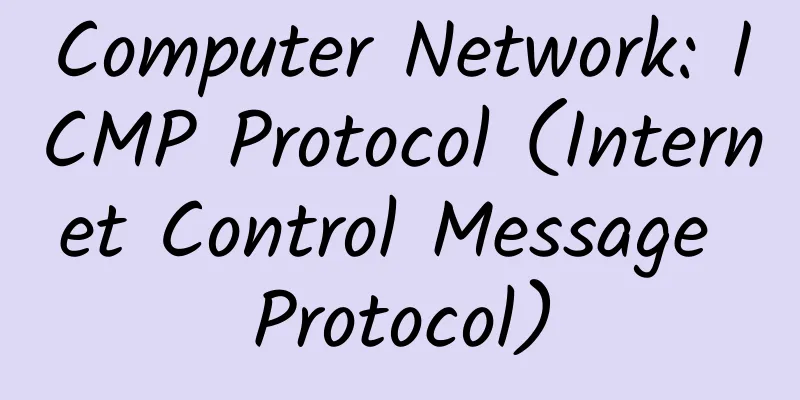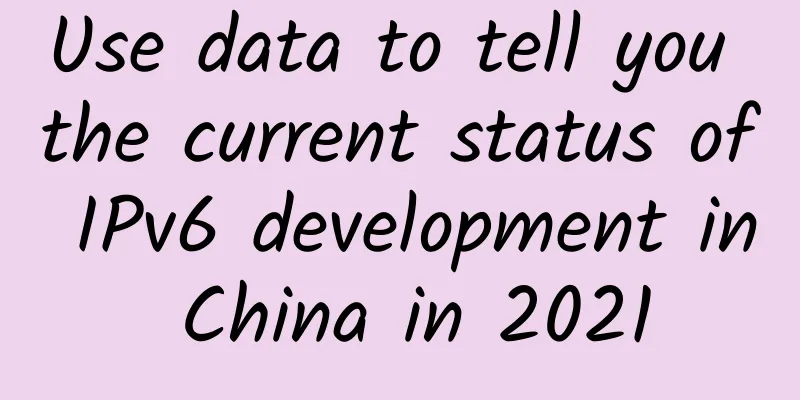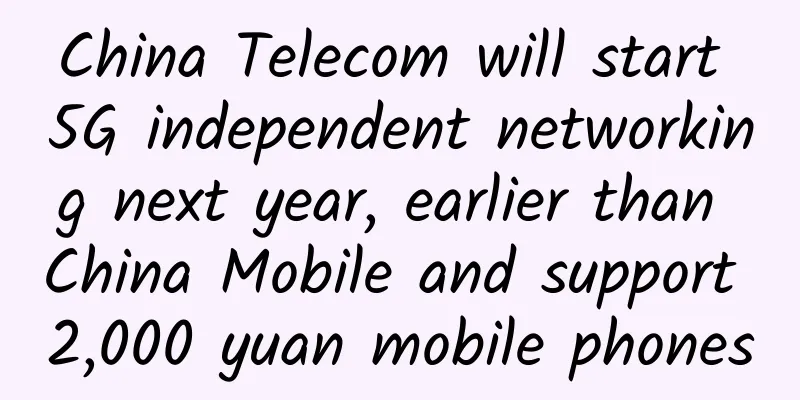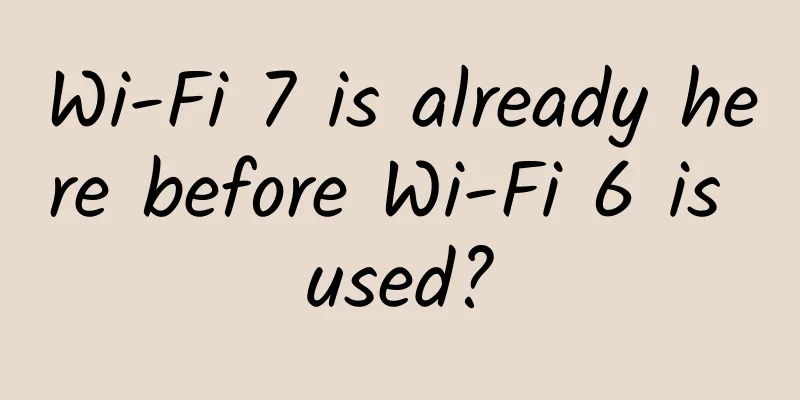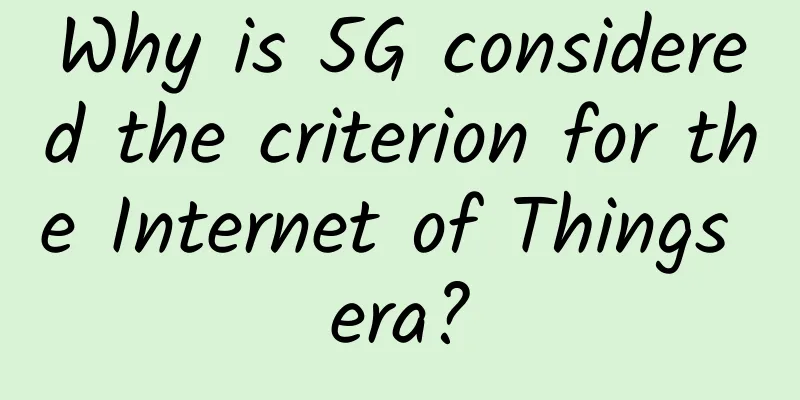The arrival of 5G will trigger a larger-scale patent war, and the market size is expected to grow 120 times

|
Automakers are battling in court with Qualcomm, Nokia and other telecom developers over billions of dollars in payments for using their wireless standards. Qualcomm and other companies could profit not only from 5G patent royalties for "talking cars" but also from wireless communications products being planned for agriculture, medicine, appliances and other industries.
“So a lot of different types of companies have to find ways to make these deals, and it amplifies the problem we have with smartphones by 10 times,” said Joe Siino, president of Dolby Laboratories’ patent licensing division, which works with the audio, wireless, broadcast and automotive industries. The value of standardized technology was a key issue in the smartphone wars, which pitted wireless technology developers such as Nokia, Qualcomm and Motorola Mobility against then-new entrants into the mobile phone market such as Apple and Microsoft. Over nearly a decade, the two sides launched dozens of legal battles, with legal fees alone running into hundreds of millions of dollars. The new disputes could be more lucrative because sales of devices using 5G technology are expected to grow more than 120-fold from $5.5 billion this year to $668 billion in 2026, according to Allied Market Research. The technology promises to transform a host of products, from dishwashers that we program during our morning commutes to driverless delivery trucks and sensors that will allow farmers to monitor crops, livestock and equipment from their smartphones. In the past few weeks, U.S. and European courts have rejected claims that telecom companies’ licensing policies violate antitrust laws and affirmed their ability to restrict access to their basic wireless technologies to those who refuse to meet licensing requirements. The rulings have favored telecom companies over current wireless standards in cases brought by the European and U.S. auto industries. For example, a German judge sided with Sharp Corp. in a bid to restrict Daimler AG’s sales in the country because the company used Sharp’s mobile technology without a license. In another case, a Texas judge dismissed an antitrust lawsuit brought by Daimler parts supplier Continental against a patent licensing pool. The pool, called Avanci, licenses patents owned by Qualcomm, Nokia, Sharp and other telecom companies. It charges $15 per vehicle for a range of patented inventions that qualify for 2G, 3G and 4G standards, and is working on plans for 5G. “Patent owners want to be paid because they’re proud of what they created and they keep innovating,” said Kasim Alfalahi, founder and CEO of Avanci. “You have to find a middle ground, a place where these things can intersect.” Automakers typically leave patent issues to their parts suppliers, who pay any necessary royalties and indemnify the automakers in lawsuits. Mercedes-Benz maker Daimler AG is irritated by the way the industry handles licensing, saying patent owners should deal with suppliers like anyone else. Continental said it was willing to pay royalties, but Avanci would only deal with automakers so it could collect more in licensing fees. The parts maker said royalties should apply to a $100 component, not a $50,000 car. Daimler and Ford Motor Co. warned in a letter to the U.S. Federal Trade Commission that an appeals court ruling in favor of Qualcomm could "encourage abuse of market power gained through collaborative standard-setting, thereby destabilizing the standards ecosystem." “More and more industries will start to adopt technologies that have to be standardized, which means it will become more important to address these issues,” said Katie Coltart, a patent attorney in the London office of Kirkland & Ellis. Industry standards are necessary to ensure devices can talk to each other, and the companies that set them commit to licensing the relevant patents on fair, reasonable and non-discriminatory terms, better known as FRAND. But the standards-setting committees intentionally never defined that term to avoid infighting that could hamper the ability to set standards. “You have several companies investing billions of dollars in research,” said Mark Snyder, Qualcomm’s deputy general counsel. “In a functioning market, you want people to negotiate seriously. FRAND is a two-way street.” Despite the fight between Avanci and Daimler, Dolby Labs’ Sino said patent pools give companies access to the vast swath of patents they need to comply with wireless standards. He said they can be a “safe haven,” limiting the amount of negotiations needed and taking disputes out of trade wars between countries. Still, Craig Thompson, managing director of Unified Consulting, which helps companies analyze patent portfolios, said there are likely thousands more patents that are not in pools and not bound by FRAND terms. Telecom companies in the United States and Europe have found their biggest advocate in the Trump administration, Justice Department antitrust chief Makan Delrahim, who has written to courts on behalf of patent owners such as Ericsson and InterDigital arguing that the royalty disputes are contractual or patent disputes, not antitrust actions. The worry is that if there isn't enough money for patent owners, they won't work together to develop a single system that can be used by everyone. But Mauricio Uribe, a patent attorney at Knobbe Marten in Seattle, said too much money means manufacturers will raise prices or forgo using the latest technology. "Both extremes are bad for consumers," he said. |
<<: 5G is not yet popular, so why are 4G phones now starting to have their speed limited?
>>: Research shows: 5G will drive the development of the digital economy
Recommend
The tragedy of database collision – it’s time to change your security thinking!
2016 is destined to be the most milestone year in...
The three major operators are tightening their purse strings, with investment dropping by 25% in the first half of the year. Will this affect the progress of 5G?
Recently, the three major telecom operators have ...
Enterprise 5G: A guide to planning, architecture and benefits
Enterprise 5G deployments require extensive plann...
Cisco pledges to be carbon neutral by 2040
In response to calls to limit global warming to 1...
Deployment of the next generation ultra-broadband access network in the 5G era
In the 5G era, the demand for ultra-broadband acc...
V5.NET: 30% off US/Hong Kong cloud servers, starting from HK$42 (≈RMB35) per month
V5.NET is a company that provides cloud servers a...
The explosion of the Internet of Things has forced the advancement of edge computing
According to research firm IDC, spending on the I...
Revelation from global 5G speed test: Can operators break away from homogeneous competition?
The same coverage, the same bandwidth, the same m...
How to implement RBAC with API Gateway and OPA
Currently, in order to ensure that the right peop...
Emergen research: By 2028, the global IoT chip market is expected to reach US$34.74 billion
March 16 news, recently, a report released by mar...
5 Network Troubleshooting Software, Which One Do You Use?
By using a handy network troubleshooting app, you...
Let's talk about NAT protocol???
Hey everyone, this is cxuan. Today we are going t...
The "highest academic degree dialogue" in the history of Huawei Cloud City Summit, doctors in four major fields talked about how to make scientific research benefit society
With the popularization of emerging technologies ...
A brief discussion on the organizational structure design of data center operation and maintenance
A data center is a complex organization with many...
Zgovps: $16.9/year-AMD EPYC 7402P/2GB/25G SSD/2TB/40G defense/Netherlands data center
Zgovps is a new Chinese hosting provider that ope...

